Ever since the Przino Agreement of July 2015, Macedonia’s upcoming parliamentary elections have been framed by the country’s two main political parties as the most important since independence in 1991. The incumbent Democratic Party of Macedonian National Unity (DPMNE) is convinced that voters will see through the destructive strategy of the opposition party Macedonian Social Democratic Union (SDSM) to seize power by plunging the country into a crisis, rather than by offering ideas for a better tomorrow. SDSM, on the other hand, believes that the ongoing political crisis caused by its disclosure of a series of highly incriminating phone conversations between top government officials will only end if the disgraced DPMNE is defeated on June 5. It is interesting how these two parties, which otherwise disagree on virtually everything in today’s deeply polarized Macedonia, are actually aligned in framing the June 5 elections as a zero-sum game in which the winner will take all.
However, ever since the internal armed conflict of 2001 and the resulting Ohrid Agreement, the winner in Macedonian elections does not take all. In order to cement the political rights of the Albanian minority, the agreement requires mandatory inclusion of the strongest Albanian party in every Macedonian government. Consequently, the interests of ethnic Albanians have been represented in the past five Macedonian governments (2002-06, 2006-08, 2008-11, 2011-14 and 2014-16) by strictly ethnic parties with strictly ethnic political agendas. Thus, with a short interruption between 2006 and 2008, when DPMNE shared power with the Democratic Party of Albanians (DPA), the ethnic Albanian party Democratic Union for Integration (DUI) has effectively ruled the country for over a decade.
Unlike their sworn rival DPA, DUI has nominally opted for integration rather than strictly ethnic representation. Nonetheless, the rhetoric of party leader Ali Ahmeti and the rest of the leadership has been ethnically exclusive at best and blatantly nationalistic at worst. In fact, Ahmeti prides himself on his time as Supreme Commander of the paramilitary unit National Liberation Army (ONA), which fought against the Macedonian army in 2001 before transforming itself into a political party following an internationally mediated ceasefire. In 2016, the leadership of the party is still largely comprised of war veterans who do not hesitate to play the card of their militant past whenever party support is waning.
One of those times is now, as the party has suffered an enormous decline in popular support as a result of the leaked phone conversations. The shameless abuse of power by elected DUI representatives has angered ethnic Albanians no less than DPMNE government officials’ similar behavior has abhorred ethnic Macedonians. In fact, pre-election polls have indicated that the crisis has virtually halved DUI’s support base, while its effect on DPMNE’s popularity has been comparatively minimal.
Be that as it may, the crisis has unequivocally taught us that DPMNE and DUI are – for better or worse – two sides of the same coin. In fact, the seven years of shared rule between the two parties from 2008 until the beginning of the crisis in 2015 had already made this clear. While the 2002-2006 coalition between SDSM and, again, DUI was plagued with disagreements, DPMNE and DUI have shown the kind of remarkable cohesion which coalition partners in much more developed countries can only wish they had. Here are some examples of their unwavering loyalty to each other:
- In early 2011, the Macedonian parliament granted full amnesty to all parties to the 2001 armed conflict, thus making Macedonia the only ex-Yugoslav country to forego transitional justice after the Yugoslav Wars. This decision kept numerous high-level DUI officials out of prison and was rightly perceived by the party as DPMNE’s hand of eternal friendship. With support for Gruevski at an all-time high, DPMNE could afford to make an unpopular move like this in return for DUI’s unconditional loyalty in future times of adversity. One of those times came a mere few months later, when DPMNE’s decision to take on the most popular pro-opposition TV channel A1 was widely received by the people as politically motivated. The Parliament was forced to call for early elections, which some analysts have argued DPMNE would have lost without DUI’s support to hold them in the spring rather than in the autumn to prevent the scandal from picking up steam.
- In 2013, the readiness of these two parties to make each other happy at all costs was embodied in the appointment of the former ONA commander Talat Xhaferi as Minister of Defense. Just as in in 2011, DPMNE decided that strengthening its alliance with DUI was worth the risk of alienating voters who might feel disgusted by the notion that the same man who had threatened the country’s sovereignty in 2001 would now be defending it.
- In 2014, the two parties exhibited tremendous cohesion in the run-up to the presidential elections. Before the campaign, Ahmeti was adamant that DUI would only accept an ethnic Albanian presidential candidate consensually nominated by the two parties in order for the country’s biggest minority to finally occupy one of the three major loci of power in Macedonia: President/Prime Minister/Speaker of Parliament. When DPMNE eventually nominated Gjorgje Ivanov, Gruevski scored easy nationalism points for having defied Ahmeti, while the latter was able to argue that his terrorist organization turned party was just as irreplaceable as in 2001, since the political equality he and his generals had fought for was evidentially still not achieved.
- In 2015, the leaked phone conversations earned the alliance between the two parties the nickname “tender coalition” due to the numerous indications of mutually coordinated corruption. Thus, the DUI-led protest against the construction of a giant cross in a majority-Albanian part of the capital last month was largely dismissed as a shallow attempt at provoking interethnic tension by a party which clearly cares more about “Tenderbeg” than it does about Skanderbeg (famous Albanian folk hero). Finally, the various indications of crime in the leaked phone conversations resulted in a number of minor ethnic Macedonian parties leaving Gruevski’s ruling coalition. By contrast, DUI stood side by side with DPMNE all the way through the ongoing crisis, with the two parties adopting highly similar positions on most issues throughout the internationally mediated negotiations.
As the growing disillusionment of ethnic Albanians with DUI is likely to put many votes up for grabs on June 5, Macedonia has recently seen the emergence of three new ethnic Albanian parties on its political scene. The one whose formation was most directly influenced by the crisis is Uniteti. It is led by another prominent 2001 war general Gezim Ostreni, who turned his back on Ahmeti shortly after the recordings were leaked and pulled away a significant number of senior party officials, including one MP. An obvious concern about Uniteti is how much they can distinguish themselves from their disgraced former party to attract enough protest votes for parliamentary representation.
Another newly established ethnic Albanian party is Besa, which started off as a social movement and is largely led by young civil activists rather than politicians. The biggest advantage of this party might be the pronounced religious emphasis. This is expected to play well with the highly conservative ethnic Albanian electorate, especially since both DUI and DPA are nominally secular. However, in addition to their evident lack of experience, Besa’s chances of a decent electoral performance might also be hampered by scarce campaign funds.
Finally, the aforementioned DPA has also been discredited by the phone conversations, which uncovered its secret links with DPMNE and resulted in the formation of the so-called Movement for Change within DPA led by Ziadin Sela, the mayor of the majority-Albanian city Struga. This party is least likely to do well on June 5, partly because Sela himself has been accused of having abused his powers as mayor. Overall, pre-election polls put DUI considerably ahead of DPA, which in turn may easily be overtaken by Uniteti. However, with nearly three months to go, any estimate of the Albanian vote is highly inconclusive as this category generally has a comparatively low turnout. An unusually high ethnic Albanian turnout on June 5 could thus make a huge difference, possibly even on the overall vote distribution in some electoral districts.
Clearly, the upcoming Macedonian elections are just as much of a critical juncture for ethnic Albanians as they are for ethnic Macedonians. SDSM needs to stop deluding itself that kicking DPMNE out of power will make Macedonia great again in and of itself. Otherwise, they might end up having to share power with some of the very people they claim have destroyed the country. That is, if they get to share power at all.

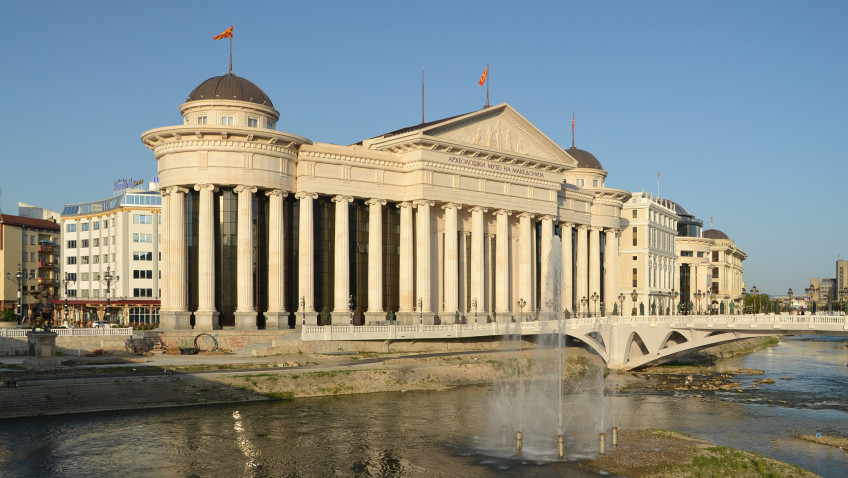
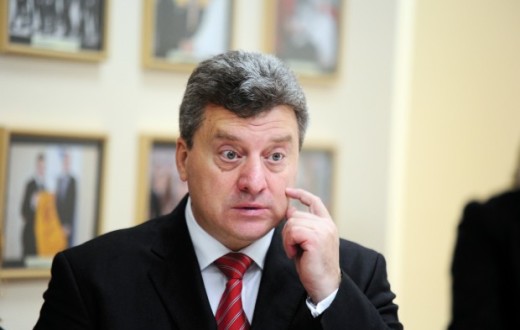
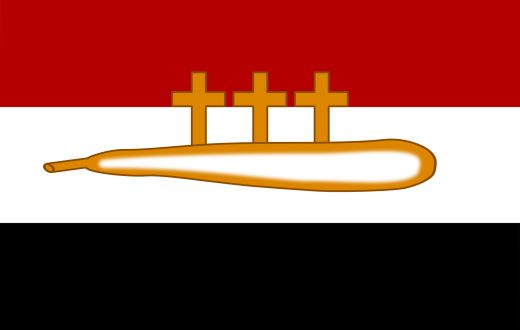
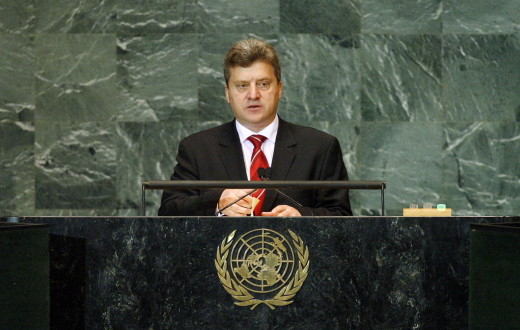
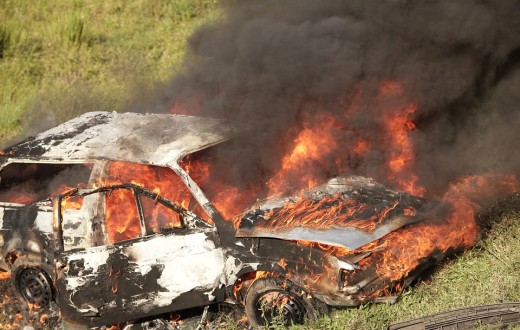
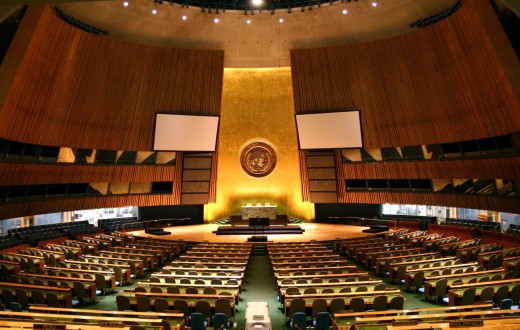
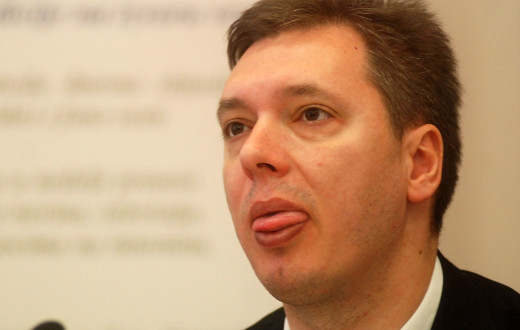
0 comments